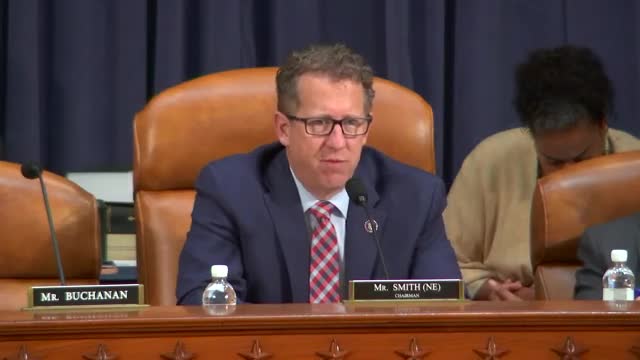Startups say data-localization and source-code demands would force small U.S. firms from foreign markets

Summary
A founder of a sleep-health startup told a House subcommittee that small companies cannot absorb the compliance costs of data localization or forced source-code disclosure and would likely exit markets that impose those rules, undermining global market access for U.S. startups.
Olivia Walsh, chief executive officer and founder of Arcuscope, told the House Ways and Means Subcommittee on Trade that small U.S. technology firms face steep compliance costs from nation-specific data rules and could leave markets rather than reengineer infrastructure or surrender proprietary code. "If we were in a position where the choice was between redoing our back end or leaving a country whose specific rules were a compliance challenge, we would almost certainly just stop operating in that country," Walsh said.
Walsh explained that Arcuscope is a small Virginia-based company whose software relies on third-party authentication, analytics and distribution services. She said the company already limits the data it collects because of compliance headaches and that requirements to disclose source code to operate in a country would "mean exposing our secret sauce to foreign regulators" and likely force small firms to withdraw. Walsh described how digital goods differ from physical goods and praised the WTO e‑commerce moratorium that keeps digital products tariff-free, urging continued U.S. leadership to make the moratorium permanent.
During questioning, Walsh reiterated that Arcuscope cannot afford extensive legal compliance: she described the company as a team of six and said two weeks of legal time can equal half an engineer’s salary. She said large companies can buy compliance services that small startups cannot, which could entrench dominant firms and reduce competition. Walsh also raised health research concerns, noting that the firm’s back end contains data from IRB‑approved U.S. studies and that exposing source code and underlying models would risk both patient privacy and the company's competitive edge.
The testimony drew attention from committee members who challenged the trade-off between strong domestic privacy rules and maintaining international leadership on digital trade. Witnesses and members agreed on one point: small companies are especially vulnerable to nation‑by‑nation digital rules that diverge widely.
No formal actions were taken; members invited written follow-up questions and said they would weigh policy options that could protect small exporters without undermining necessary privacy safeguards.

